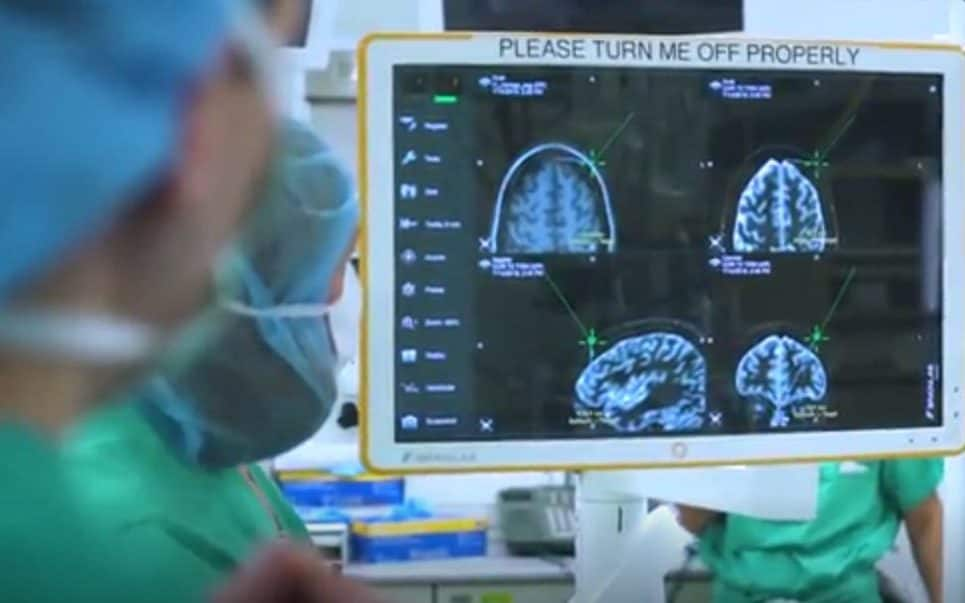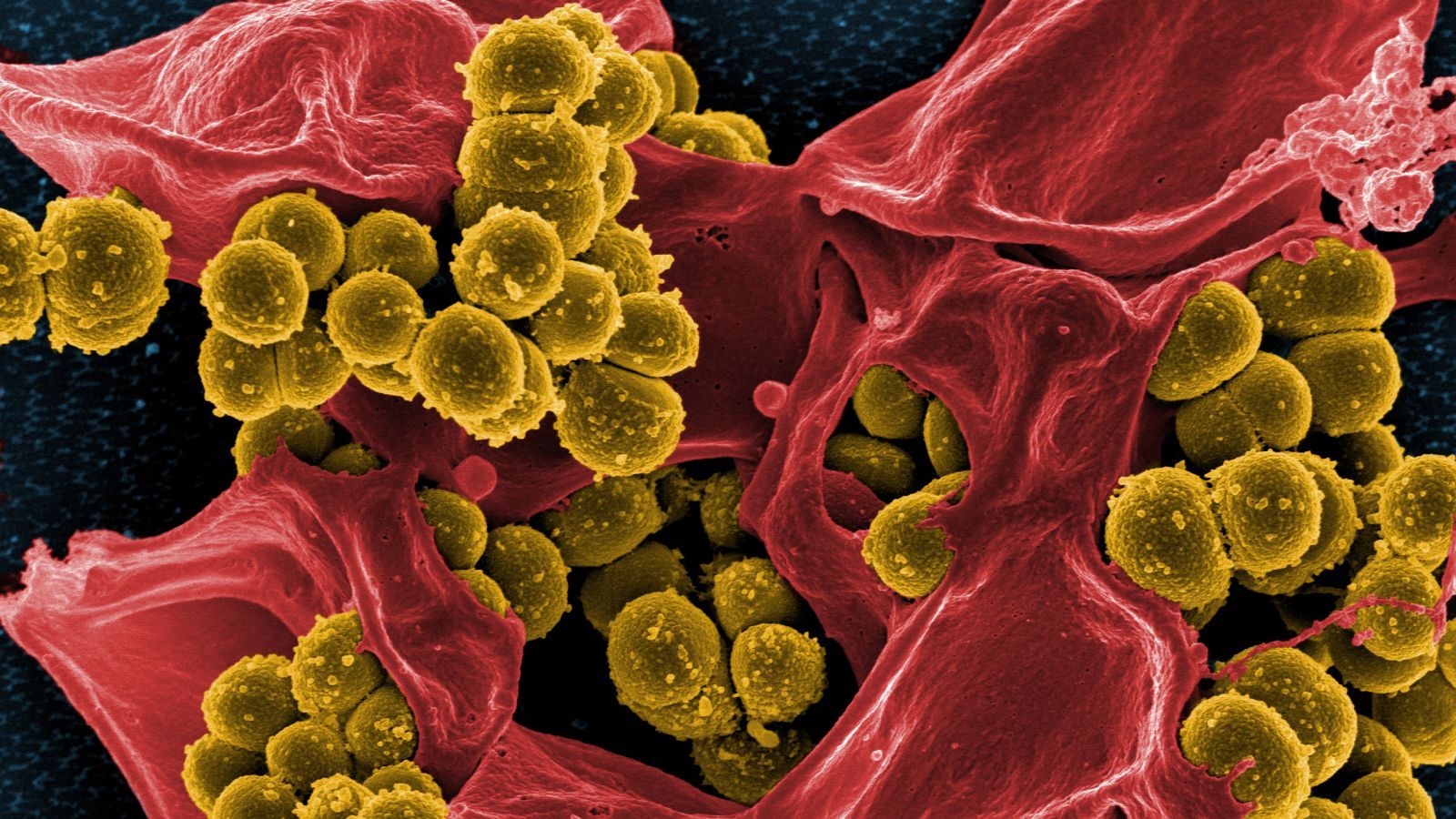Mar 27, 2018
Vegetable compound could have a key role in ‘beeting’ Alzheimer’s disease
Posted by Jacob Anderson in categories: biotech/medical, neuroscience
A compound in beets that gives the vegetable its distinctive red color could eventually help slow the accumulation of misfolded proteins in the brain, a process that is associated with Alzheimer’s disease. Scientists say this discovery could lead to the development of drugs that could alleviate some of the long-term effects of the disease, the world’s leading cause of dementia.


















